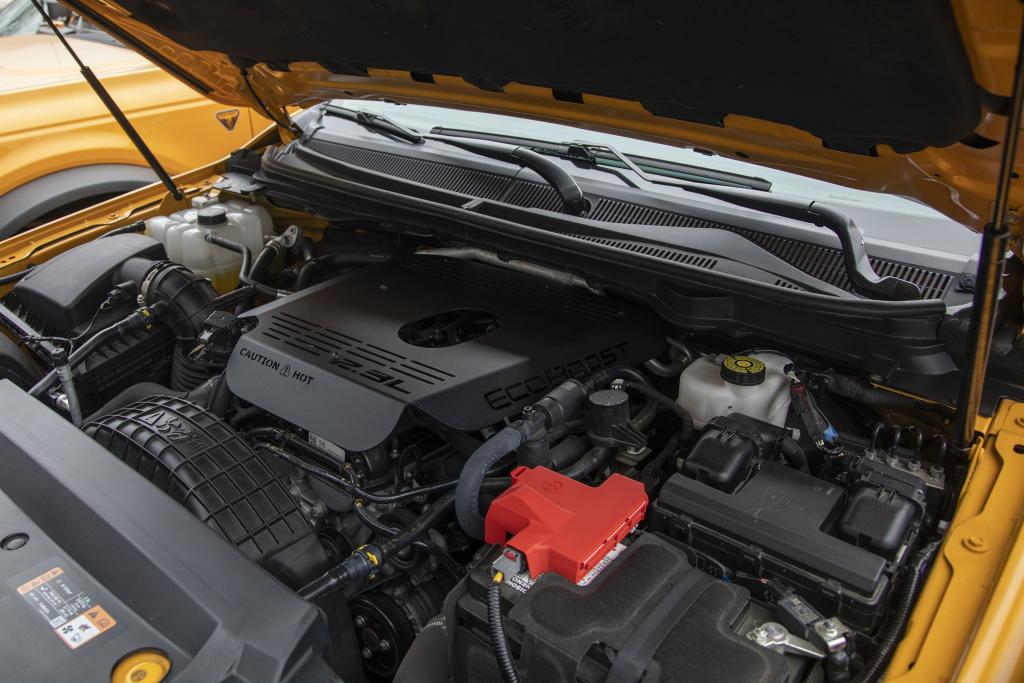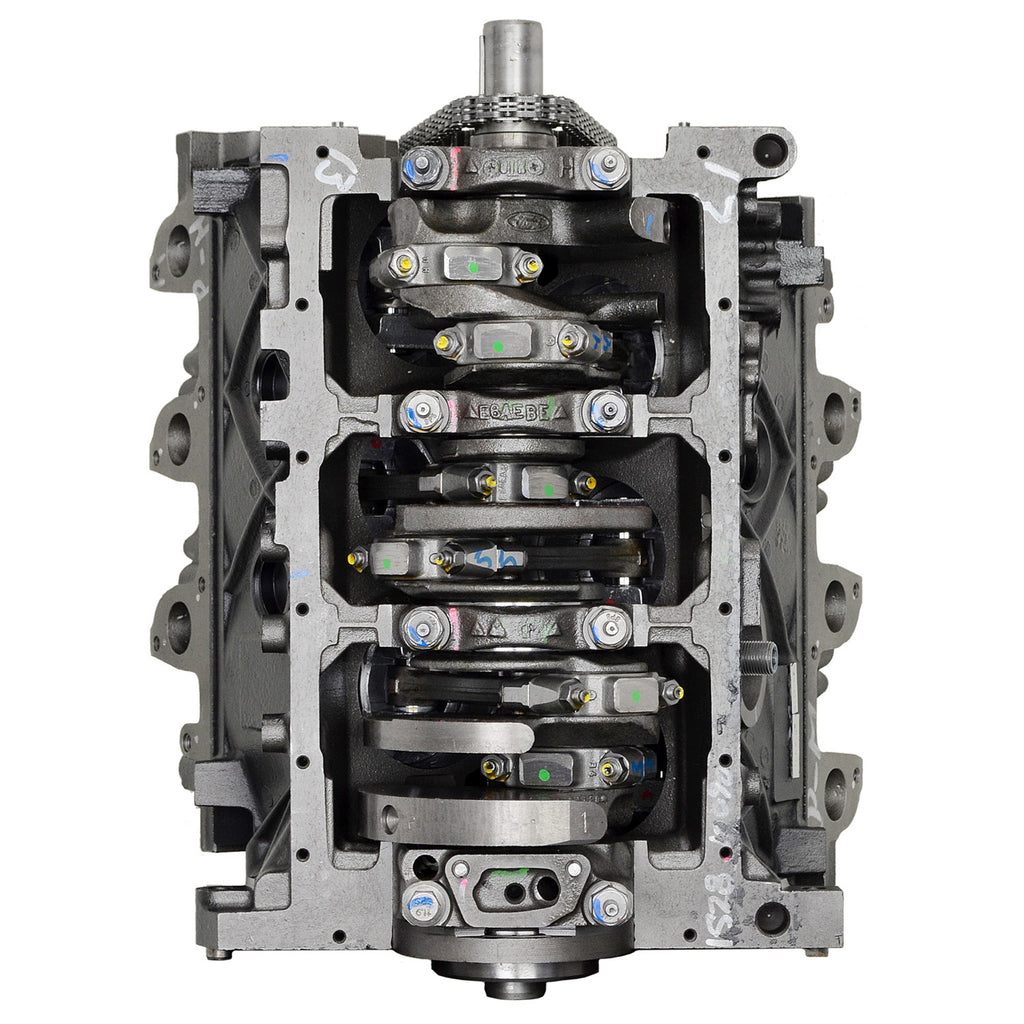What Makes an Automobile Engine Run Smoothly: Top Tips for Optimum Treatment
The smooth operation of an automobile engine is fundamental to both efficiency and durability, making optimum care a necessary responsibility for automobile owners. Secret techniques, such as routine oil modifications, keeping coolant degrees, and checking air filters, are critical yet often forgotten. In addition, the relevance of evaluating ignition system and ensuring proper tire stress can not be understated. Comprehending just how these components adjoin can boost not only the effectiveness of your automobile yet likewise your overall driving experience. What certain actions should you prioritize to ensure your engine continues to be in peak condition?
Regular Oil Changes
Among the most important elements of car upkeep is guaranteeing your engine gets routine oil adjustments. Engine oil lubes interior parts, reduces rubbing, and assists preserve optimum operating temperature levels. With time, oil degrades due to warmth, impurities, and the natural by-products of combustion, bring about decreased effectiveness and prospective engine damages.
The majority of manufacturers suggest transforming the oil every 5,000 to 7,500 miles, but this period can differ based on driving problems and oil type. Artificial oils may permit for longer periods in between adjustments. Routine oil adjustments not only boost engine performance but additionally improve gas efficiency, as tidy oil advertises smoother operation.
Ignoring oil modifications can cause sludge build-up, which hinders blood circulation and can result in serious engine concerns. It is important to examine oil degrees regularly and check for any kind of uncommon modifications in color or consistency, which could show contamination or deterioration.

Maintaining Coolant Degrees
Keeping correct coolant degrees is vital for protecting against engine overheating and making sure optimum performance. The coolant, typically a mixture of water and antifreeze, flows through the engine, taking in warm and avoiding thermal stress. Not enough coolant can lead to boosted engine temperatures, which may create serious damages and even overall engine failing.
To preserve ideal coolant degrees, regularly evaluate the coolant storage tank, usually found in the engine bay. Make certain the coolant is filled up to the advised mark, as suggested in your automobile's proprietor guidebook. It is suggested to inspect the levels at the very least when a month or soon journeys, especially during extreme weather.
If you notice that the coolant level is continually reduced, there may be a leakage have a peek here in the cooling system, which must be attended to immediately to protect against further issues. 2.2 ford ranger engine. Furthermore, flushing the coolant system every a couple of years can assist remove any accumulated particles and guarantee efficient warmth exchange
Monitoring Air Filters

It is recommended to inspect the air filter every 12,000 to 15,000 miles, or extra regularly if driving in adverse or dusty problems. A straightforward visual evaluation can typically reveal whether the filter is dirty or damaged. It must be changed without delay. if the filter appears tarnished or has noticeable dirt build-up.
Using a premium air filter made for your particular car version can even more improve engine performance. Additionally, some vehicles may take advantage of multiple-use filters that can be cleansed and reinstalled, offering a environmentally pleasant and cost-effective alternative.
Inspecting Flicker Plugs
Flicker plugs are essential parts of a car's ignition system, directly affecting engine performance and efficiency. They produce the spark that ignites the air-fuel blend in the combustion chamber, assisting in the engine's power generation. Routine evaluation of ignition system is vital for preserving ideal engine function and stopping possible concerns.
Dark residue or oil deposits can show inappropriate burning, while a blistered or white look may recommend overheating. Both conditions call for immediate interest to prevent more engine damages.
It's recommended to evaluate ignition system every 30,000 miles, or as recommended in your lorry's proprietor guidebook. In addition, consider changing why not try these out them according to the supplier's standards, as worn or old ignition system can cause misfires, reduced gas performance, and enhanced emissions.
Monitoring Tire Pressure
Under-inflated tires can lead to lowered fuel efficiency, enhanced tire wear, and endangered handling. Regular tracking of tire pressure is crucial for optimum car procedure.
Tire pressure need to be checked at the very least as soon as a month and before long trips. Make use of a dependable tire stress scale to gauge the pressure when the tires are cool, ideally prior to the vehicle has actually been driven for at the very least three hours. Describe the car's proprietor handbook or the placard located on the vehicle driver's side door jamb for the maker's recommended pressure degrees.
It is crucial to note that tire stress can rise and fall with adjustments in temperature; a drop of 10 ° F can lead to a 1-2 psi decrease in pressure. In addition, aesthetically evaluate tires for any kind of signs of wear or damage throughout your surveillance routine. Keeping correct tire stress not only improves vehicle security but additionally improves fuel performance and lengthens tire life, eventually adding to a smoother engine performance.
Final Thought
In final thought, keeping a vehicle engine's smooth operation requires thorough focus to several vital elements. Inevitably, a proactive strategy to engine care is crucial for making sure reliability and performance over time.
One of the most essential aspects of vehicle upkeep is guaranteeing your engine obtains routine oil changes. Engine oil lubes interior components, minimizes friction, and helps maintain optimum operating temperatures. Normal oil changes not only improve engine efficiency yet also boost fuel efficiency, as clean oil advertises smoother operation.
Inadequate coolant can lead to boosted engine temperatures, which may trigger serious damage or also overall engine failure.

Comments on “How to Maintain and Optimize the 2.2 Ford Ranger Engine for Long-Lasting Performance”